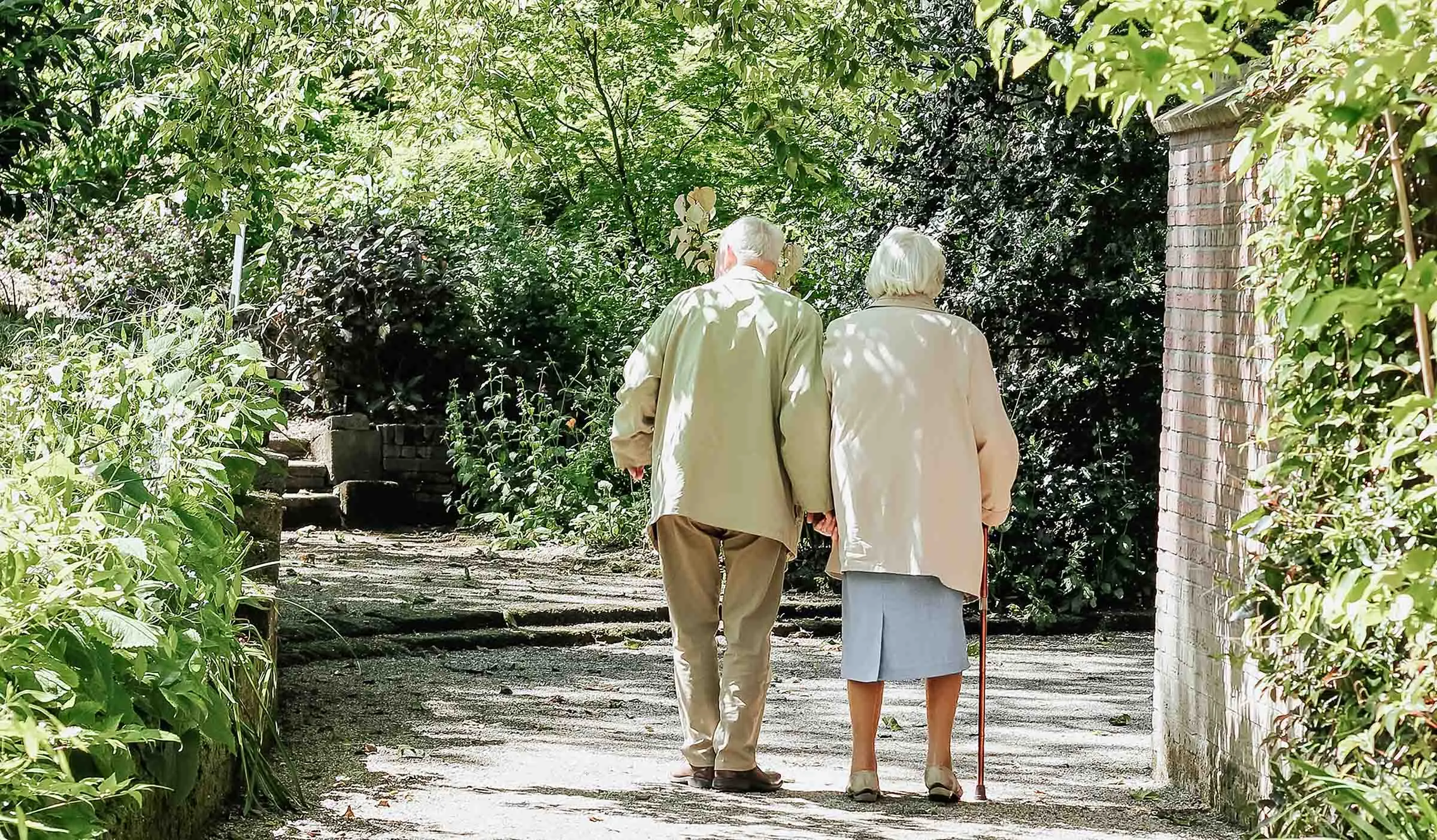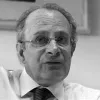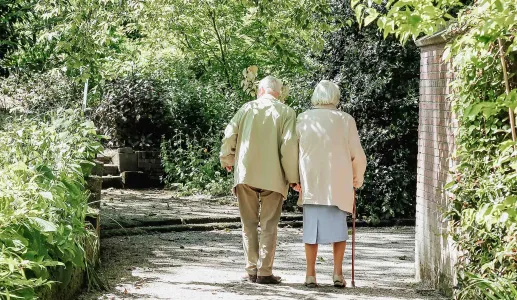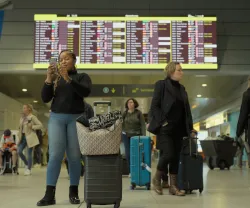
Ageing Processes in Portugal
The last few decades of the last century saw an uninterrupted increase in the number of elderly people, which has transformed the most developed societies into ageing societies. The combination of the fall in fertility and the increase in average life expectancy, as well as the wave of emigration of the 1960s and 1970s, are at the root of the absolute and relative importance of the people aged over 65 in Portuguese society today.
Greater longevity, although naturally positive, brings radical changes to the way we live in terms of our health and participation in society. Living longer also means being more exposed to chronic illnesses, as well as a decline in social and personal networks. Social conditions affect individual health status at any stage of life, but the risk of developing diseases also increases considerably with age. As age increases, a growing number of people will face increased problems with autonomy and will become more and more dependent on others, as well as on social and family support.
Through this study, coordinated by Manuel Villaverde Cabral, FFMS sought to understand the living conditions of this growing number of Portuguese «old people», looking at issues such as:
- The career path of Portuguese «old people» and their entry into retirement
- Their interpersonal networks, support and neighbourhood relationships
- Their level of social participation
- Their leisure activities
- Their state of health
- The asymmetries between the different social groups with regard to these aspects
This study points to the existence of close links between social activity and different aspects of the physical, emotional and mental health of older people, underlining the importance of these activities for keeping them independent, productive and healthy. It also proposes rethinking the social role of the elderly group in society, which is usually seen in terms of dependence, poverty and exclusion, but it could also represent a potential market for numerous relevant economic activities, such as tourism or universities for the elderly.




